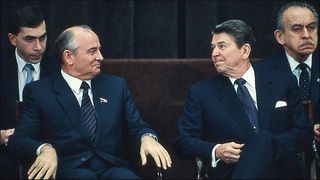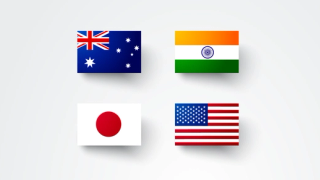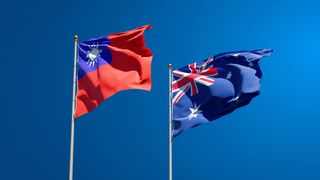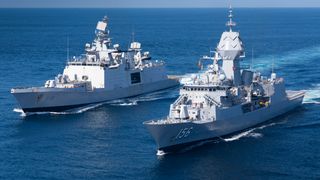In the era of strategic competition, debate about how to preserve the international rules-based order without provoking a catastrophic conflict continues unabated. Following the invasion of Ukraine, concerns around Taiwan have made the stakes in these debates only more tangible. To answer the critical question about how to avoid great power conflict, former White House staffer Dr William Inboden argues we should look to the past and, specifically, US President Ronald Reagan’s role in the waning days of the Cold War. What lessons from President Reagan’s foreign policy apply to current tensions in the Indo-Pacific? How should the United States work with allies and approach economic realities in the Indo-Pacific? What would Reagan do about Xi Jinping?
To discuss these questions, the United States Studies Centre hosted an in-person event featuring USSC Visiting Fellow Dr William Inboden, Executive Director and William Powers, Jr. Chair at the Clements Center for National Security at the University of Texas-Austin, and author of The Peacemaker: Ronald Reagan, The Cold War, and the World on the Brink, in conversation with USSC CEO Dr Michael Green.
Dr William Inboden joined the University of Texas-Austin faculty after many years of service as a policymaker in Washington DC, including as senior director for strategic planning on the National Security Council, on the State Department's Policy Planning Staff and as a congressional staff member. He is also a distinguished scholar at the Strauss Center for International Security and Law, a National Intelligence Council associate and serves on the CIA's Historical Advisory Panel and the State Department's Historical Advisory Committee.








